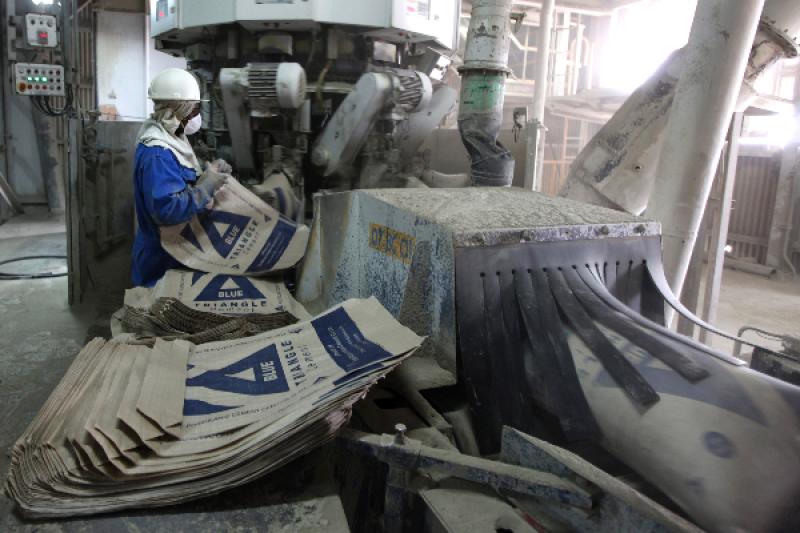×
The Standard e-Paper
Stay Informed, Even Offline

NAIROBI, KENYA: The wave of lay-offs has hit Kenyan companies once again with more than four firms spelling intentions of getting rid of hundreds of workers before the end of the year.
Out of over 60 listed companies at the Nairobi Securities Exchange (NSE), 15 companies have so far announced that they are not making enough money signalling tough times ahead.